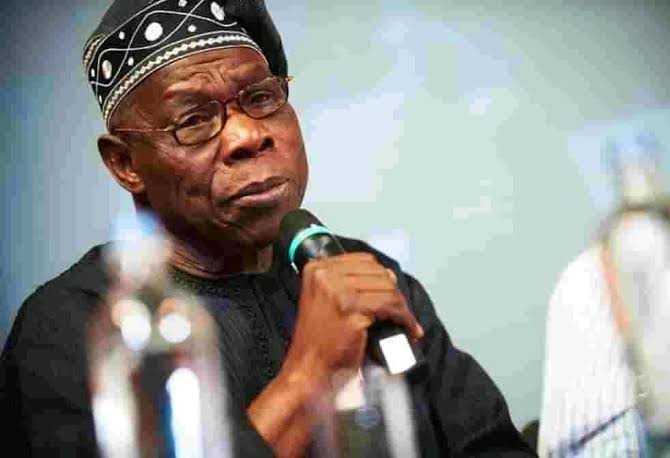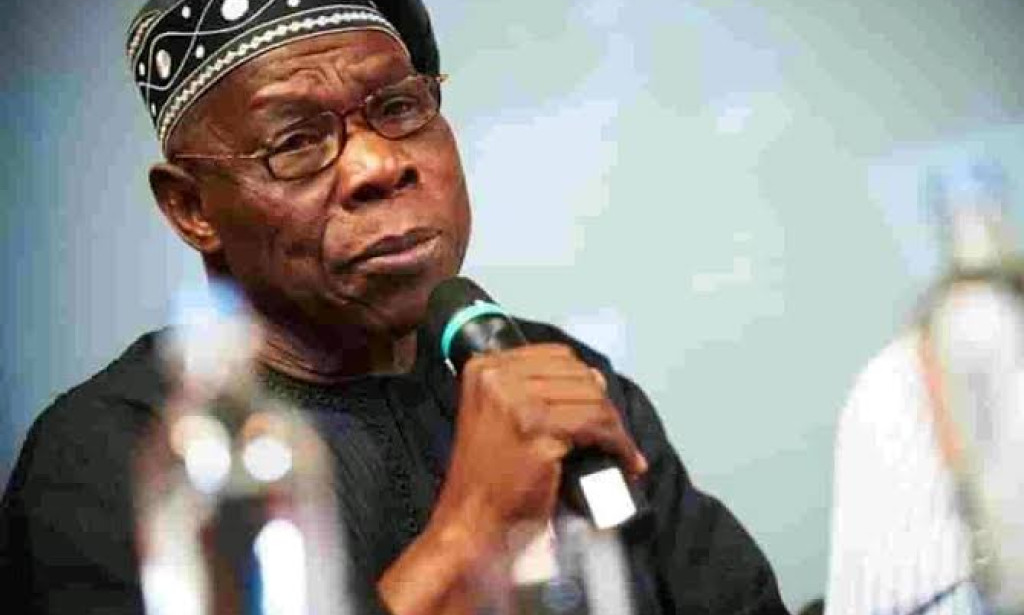
Former Nigerian President Olusegun Obasanjo has called for a reevaluation of Nigeria's political framework, expressing doubts about whether the Western democratic model serves the country's needs effectively.
In his recently published book "Nigeria: Past and Future," launched during celebrations marking his 88th birthday last week, Obasanjo delivered a scathing assessment of Nigerian leadership. He characterized many past and current officials as unprepared for their responsibilities and motivated primarily by self-interest rather than public service.
The former president alleged that numerous political figures have misused their positions for personal financial gain while failing to advance the nation's development. According to Obasanjo, some governors and presidents secured substantial loans prior to taking office, with the intention of using public funds to settle these debts after being elected.
Obasanjo's critique suggests that fundamental changes may be needed in Nigeria's governance approach to address these persistent challenges.
“How do you explain the situation of a governor who owed billions before election, yet within two years in office, without running any business, he cleared all his debts?” Obasanjo wrote.
“State resources are captured and appropriated to themselves with a pittance given to staff and associates to silence any potential whistleblowers.”
In his recent public comments, former Nigerian President expressed strong disapproval of the current administration's economic decisions. Obasanjo questioned the wisdom behind several major infrastructure initiatives, suggesting they reflect poor judgment in national priority-setting.
The elder statesman singled out the Lagos-Calabar Coastal Highway development, a massive infrastructure project with a N15.6 trillion budget allocation, as particularly concerning. According to Obasanjo, this initiative demonstrates a fundamental misalignment between the country's most pressing needs and its capital expenditures.
“Typical examples of waste and corruption include the murky Lagos-Calabar Coastal Road, on which the President has turned deaf ears to protests,” Obasanjo stated.
“Then there is the new Vice President’s residence built at N21billion in a time of economic hardship. What small minds.”
In his analysis, Obasanjo suggests that the Western liberal democratic system currently in place has not delivered the anticipated benefits for Nigeria.
As an alternative, the former president has put forward the concept of "Afrodemocracy" - a governance model specifically designed to align with African historical contexts, cultural values, and societal needs. This proposed framework would move away from imported political systems and instead develop governance structures more organically connected to African traditions and contemporary realities.
Obasanjo's proposal reflects a growing discourse among African political thinkers about the need for governance systems that address the continent's unique challenges while building on its indigenous strengths rather than continuing to apply external political models that may not be well-suited to local conditions.
“If the West, where liberal democracy originated, complains about its flaws, then we should be wise enough to introspect and develop a system that works for Africa,” he added.



You must be logged in to post a comment.